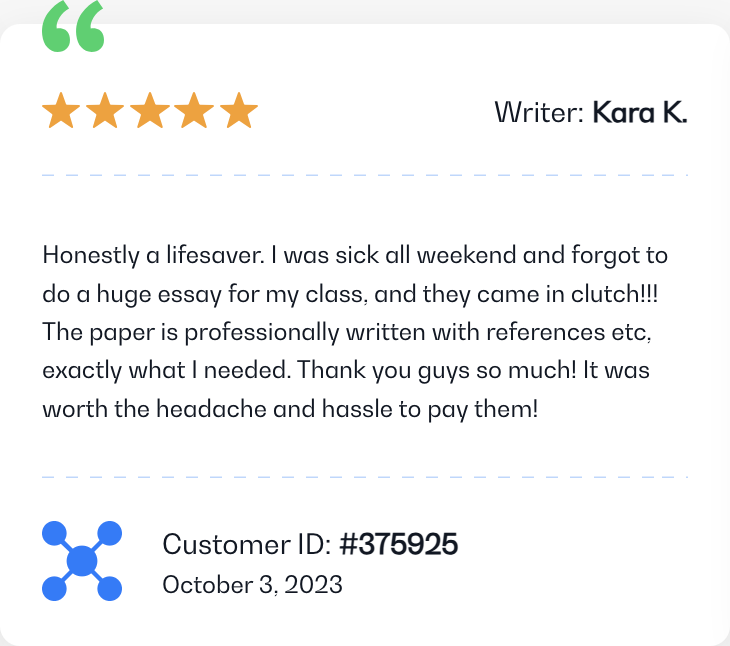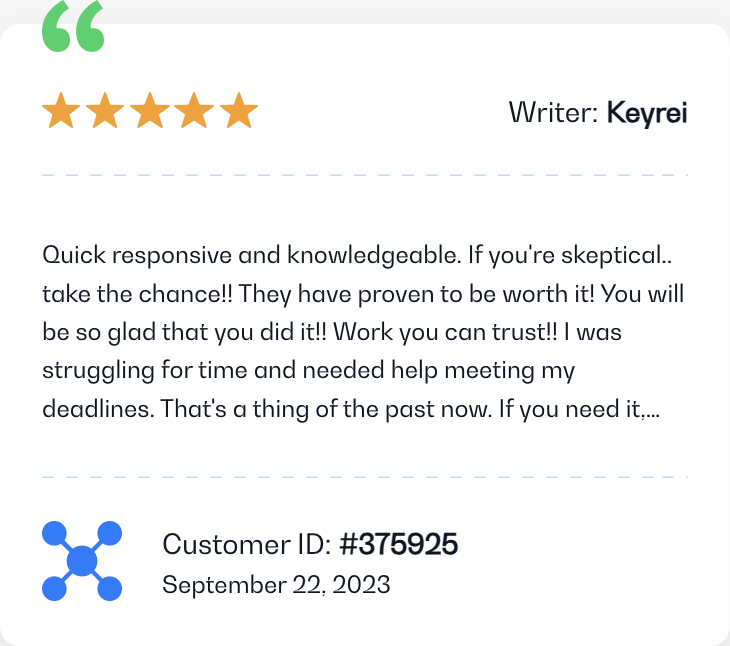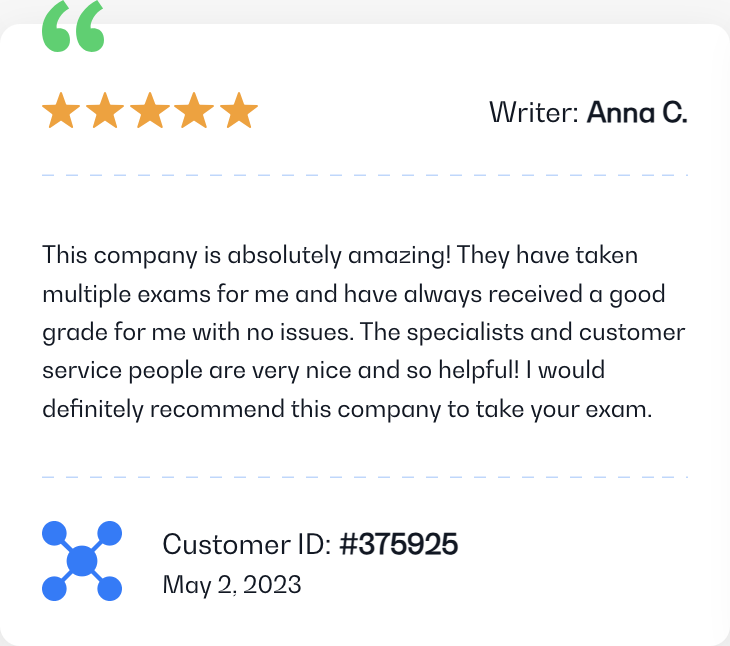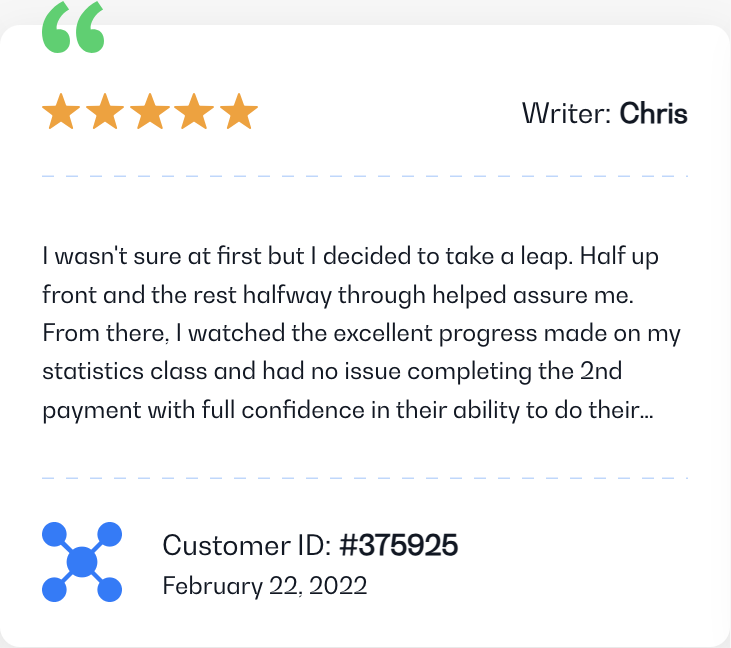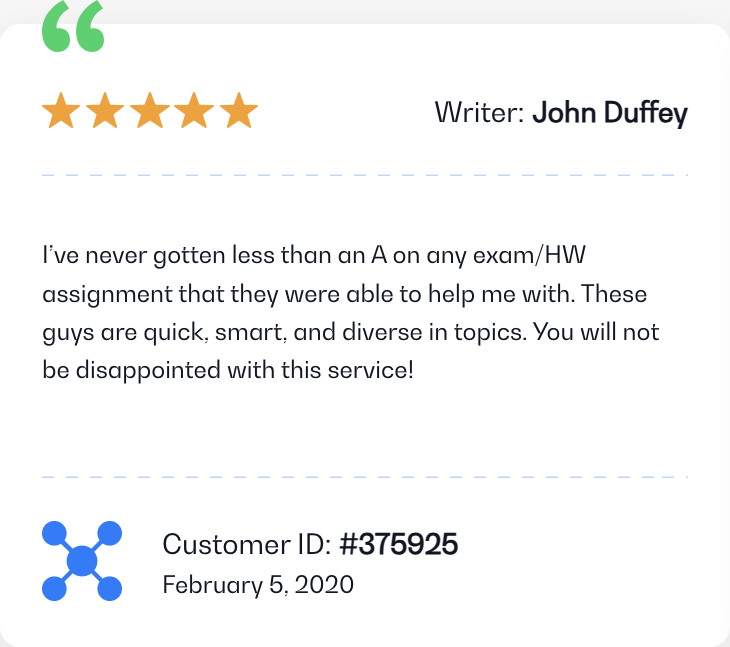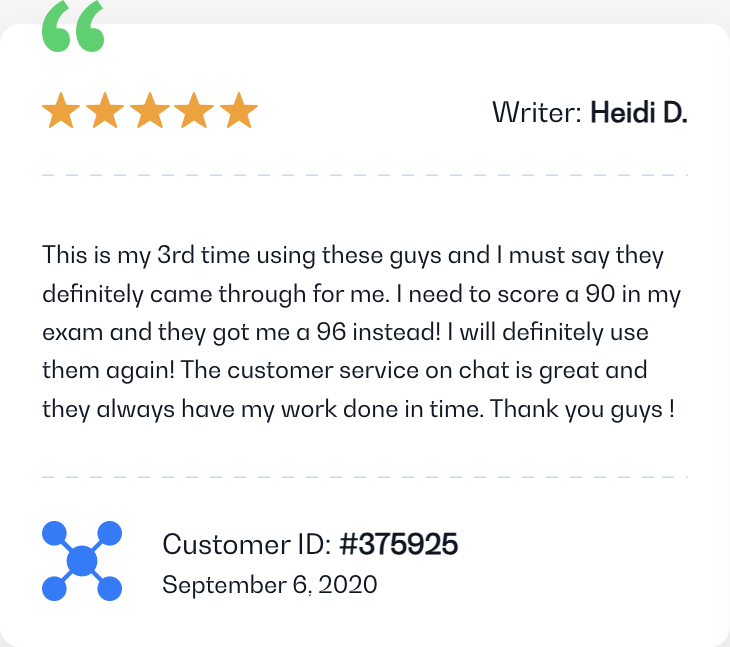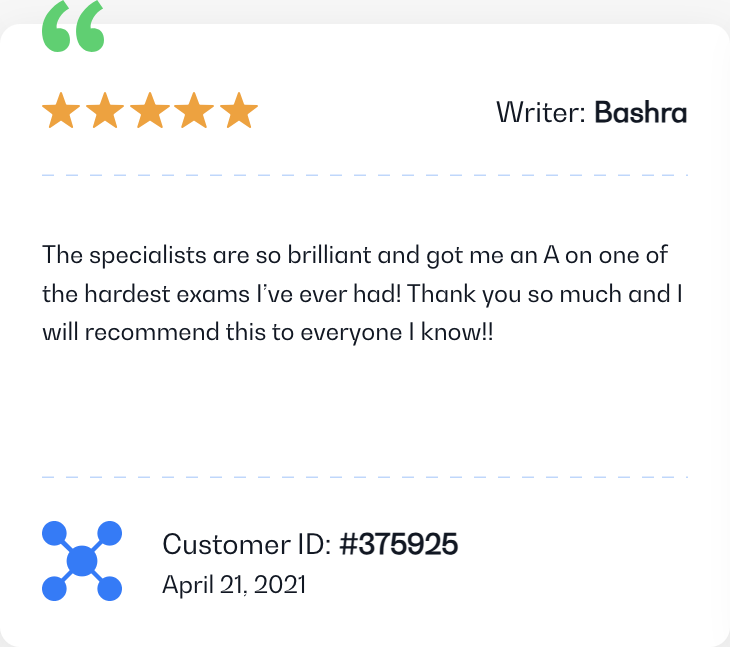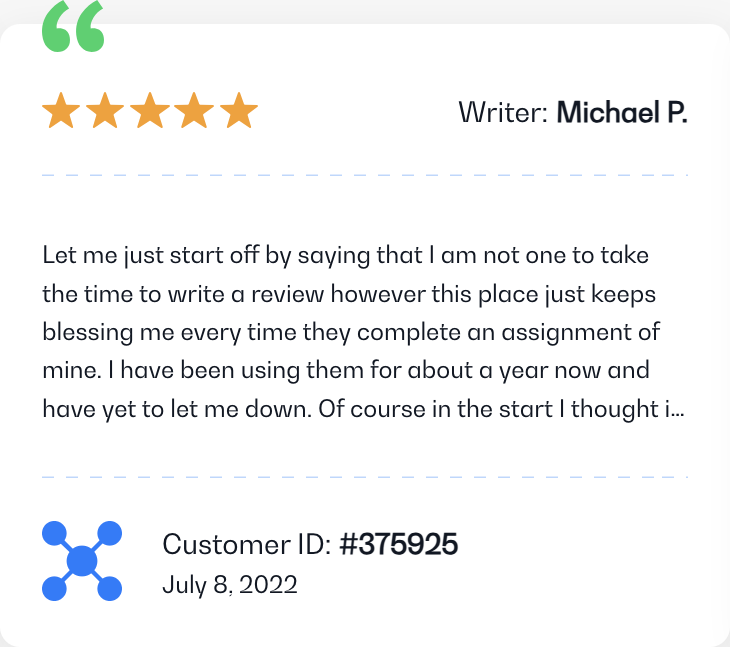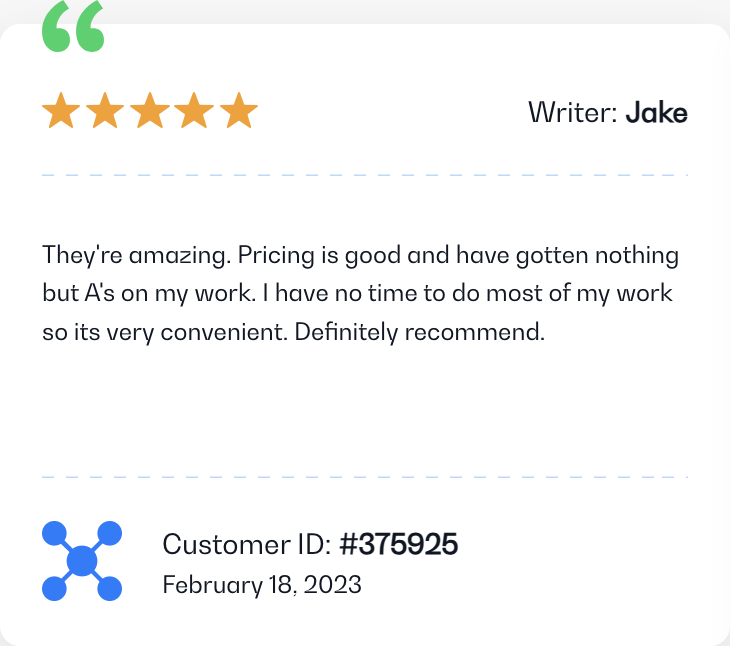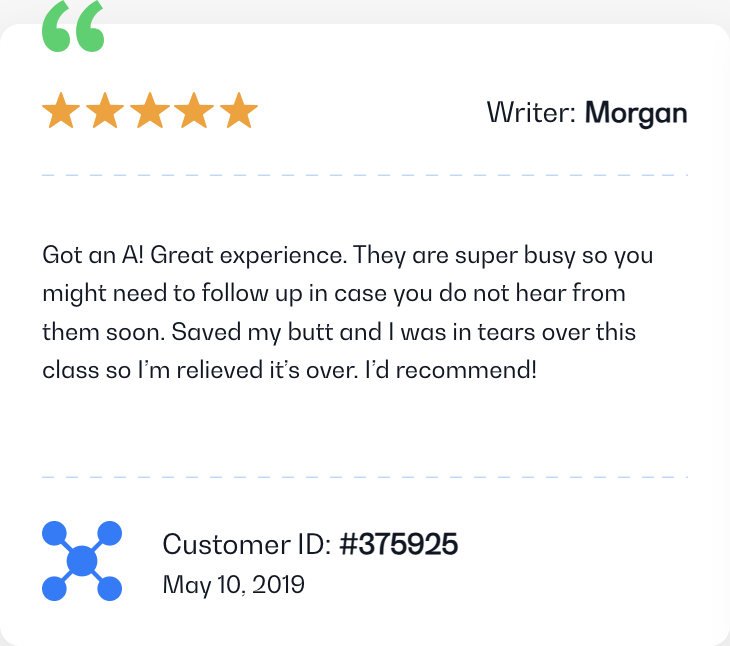The evolution of education, catalyzed by technology, has brought us to a juncture where online learning and traditional classroom settings often stand toe-to-toe. As we delve into the question, “Is online school better than in-person classes from a statistical perspective?”, it’s vital to approach the matter with an open mind, considering the multifaceted nature of education.
Pros and Cons of Both Online And In-Person Schooling
Online Schooling: The Digital Frontier
Pros:
- Flexibility: One of the significant advantages of online schooling is the flexibility it offers. Students can tailor their schedules, allowing them to balance work, studies, and personal commitments more effectively. But is online statistics hard?
- Accessibility: Geographical barriers become non-existent. A student from any corner of the world can access world-class education without the need to relocate.
- Diverse Course Offerings: Online platforms often provide a plethora of courses, some of which might not be available in traditional settings.
- Pacing: Students have the liberty to move through the material at a pace they’re comfortable with.
Cons:
- Lack of Physical Interaction: The absence of face-to-face interactions can lead to feelings of isolation.
- Dependence on Technology: A reliable internet connection and a functional device are imperative. Not everyone has access to these resources.
- Self-discipline: It requires a significant amount of self-discipline to keep up with online courses and surviving college statistics.
In-person Schooling: The Traditional Approach
Pros:
- Structured Learning: A set timetable and a physical environment dedicated to learning can greatly enhance focus and discipline.
- Immediate Feedback: Direct interactions with educators allow for instant clarifications and doubts to be addressed.
- Networking: Physical classrooms provide ample opportunities for networking, group activities, and team projects.
- Holistic Development: Apart from academics, students also engage in extracurricular activities, enhancing their overall development.
Cons:
- Less Flexibility: Traditional schooling operates on a fixed schedule, which might not suit everyone.
- Limited Course Offerings: Depending on the institution, some courses might not be available.
- Geographical Constraints: One might need to relocate or commute daily to attend their desired institution.
Statistical Outcomes: Performance and Engagement Metrics
When evaluating the efficacy of online vs. in-person schooling, one should consider academic performance and student engagement metrics.
Academic Performance
Several studies have tried to measure the academic outcomes of both teaching modalities. While some suggest that online students perform just as well, if not better, in exams and assessments, others argue that the traditional classroom environment is irreplaceable for certain subjects. It’s essential to understand that performance can vary based on the subject, the quality of the online course, and individual student preferences.
Student Engagement
Engagement, both in terms of participation and the assimilation of knowledge, is a critical factor. Physical classrooms often have the advantage of real-time discussions, fostering a deeper understanding. However, online platforms, with their interactive quizzes, forums, and digital tools, can also offer high engagement levels. The key is in the delivery of content and the tools available to students.
The Future Landscape
Considering the rapid advancements in technology and the increasing accessibility of the internet, online schooling is here to stay. But does that mean traditional classrooms will become obsolete? Unlikely. The future probably lies in a blended approach, leveraging the best of both worlds.
Conclusion
Determining whether online school is statistically better than in-person classes isn’t black and white. Both modalities have their strengths and challenges. The choice between them should be based on individual preferences, learning objectives, and available resources. As educators and students, we should remain adaptable, ready to harness the potential of both these educational paradigms.


